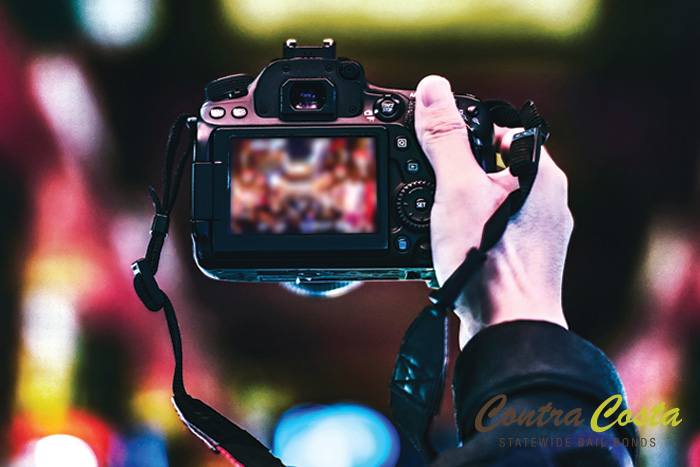
Very few of us can go more than a couple of hours without checking our social media accounts. Looking at the pictures, memes and videos our social media contacts post has not only become an addiction but is also a game of one-upmanship. We don’t just want to know what our contacts are up to, we want to post something that will gain more social media attention than their most recent post.
The desperate need to outdo everyone’s social media posts has caused many of us to post videos and pictures that common sense should have warned us was a bad idea. The compulsion to post videos of criminal activity is a perfect example of things we should know not to do.
Sure, posting a bragging post about how you were either involved with or witnessed a crime might generate a lot of comments from your followers, but in this situation, the attention will likely have a negative impact on your future. Not only will many of your followers start to think the worst about you as a person, but there’s an extremely good chance that the authorities will learn about your post and could decide to charge you with whatever crime the video implicates you of.
Don’t assume that just because you filmed the video rather than participated in the crime that you have nothing to worry about. The simple fact that you filmed the incident but failed to report the crime could prompt the police to file withholding evidence or obstruction of justice charges against you.
A surprising number of people think that as long as they set their social media settings to private and limit the number of people who see the post that they have nothing to worry about. That’s not always the case. First, there’s a chance that one of your social media contacts either is a member of law enforcement or is closely connected to a California police officer, lawyer, judge, social worker, etc. Another issue is that one of your contacts who is upset about the footage can easily take their smartphone directly to the nearest police station and simply play the video. As soon as this happens, the police can decide if they want to file charges against you.
The most important thing to consider before you upload a video of criminal activity to one of your social media accounts is that the police are free to use it as evidence, and they can do so without having to worry that they’re violating your right to remain silent.
In addition to being used to file criminal charges against you, the court system can also use pictures and videos you’ve posted to show that you’re violating restraining orders, breaking probation rules and even doing things that you’re prohibited from doing, such as associating with specific people, while you’re out on bail.
The really alarming thing about videos of criminal activity being posted on social media accounts is that you might not be the person posting them. Someone else could post a video that clearly shows you breaking the law.
